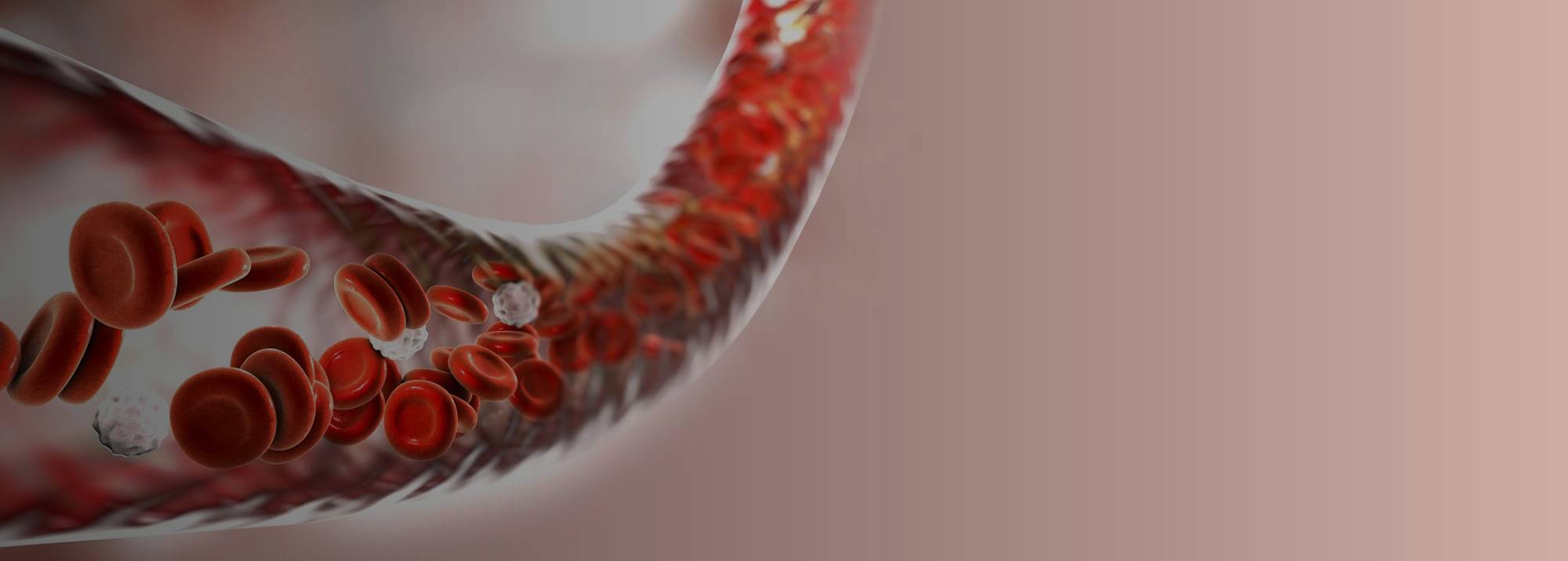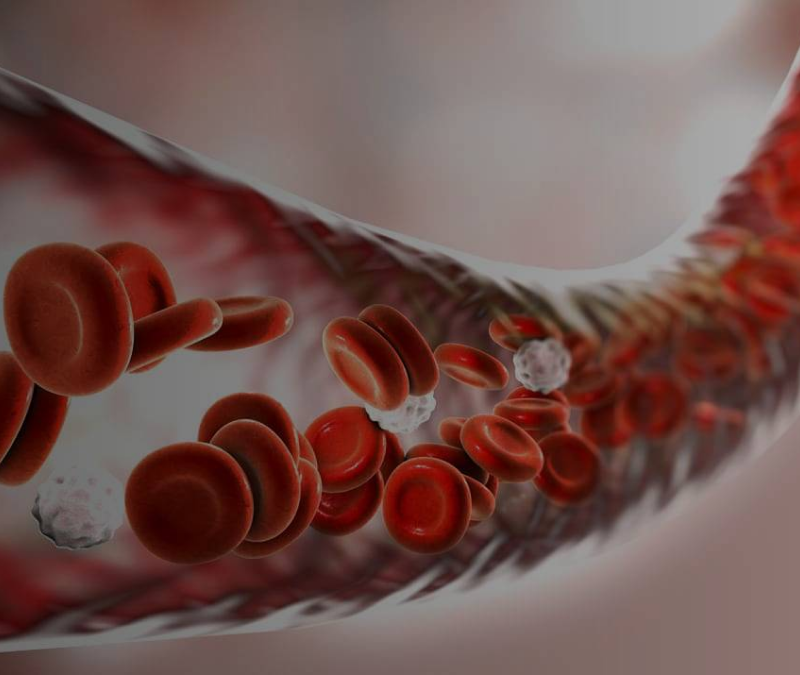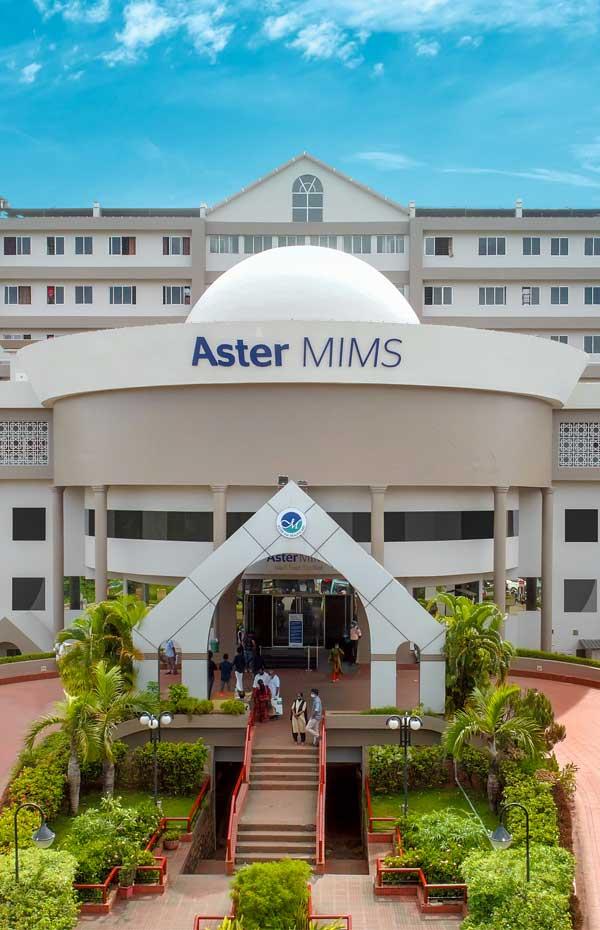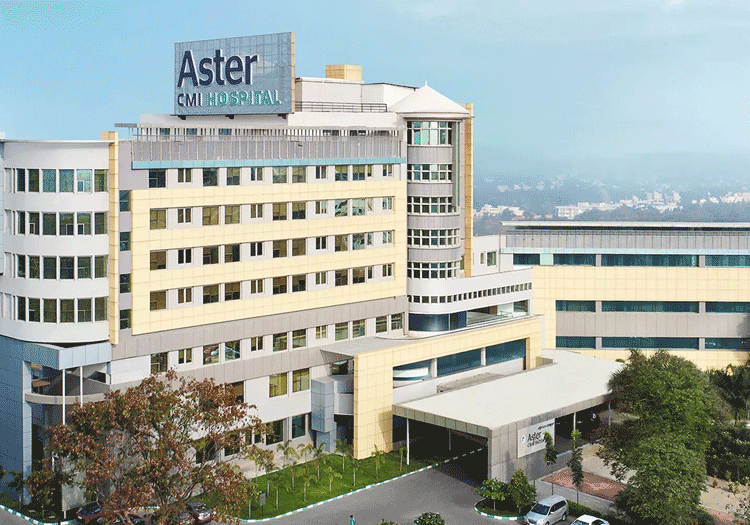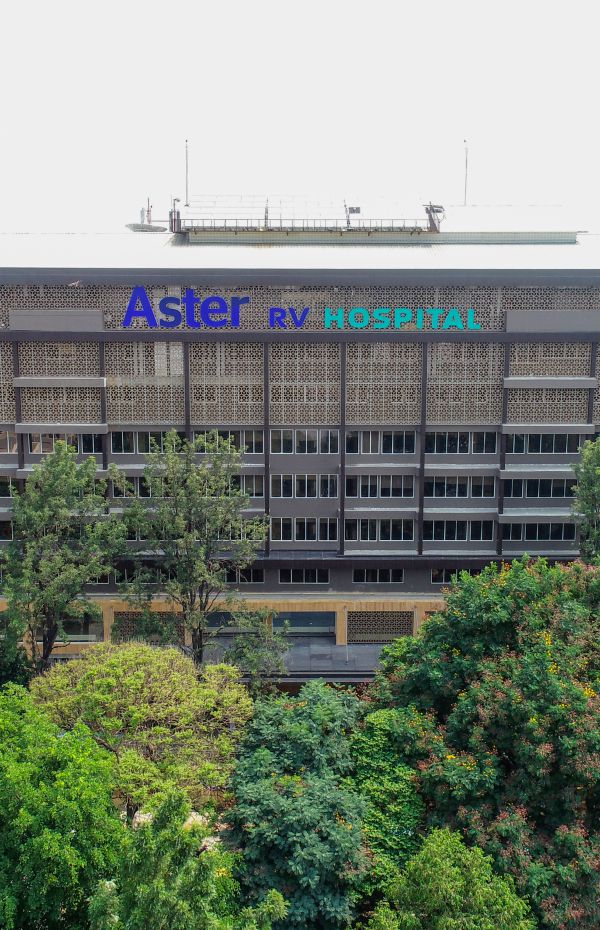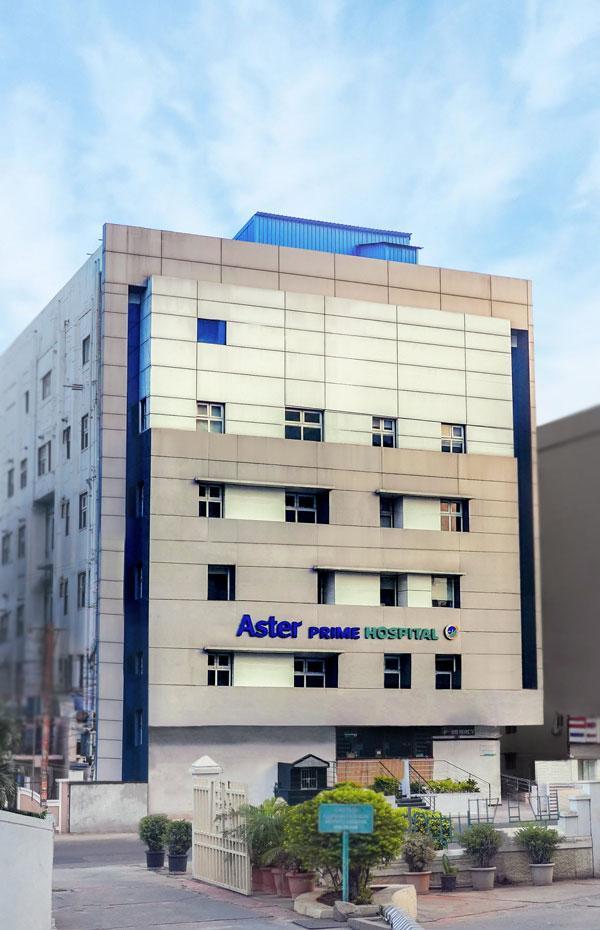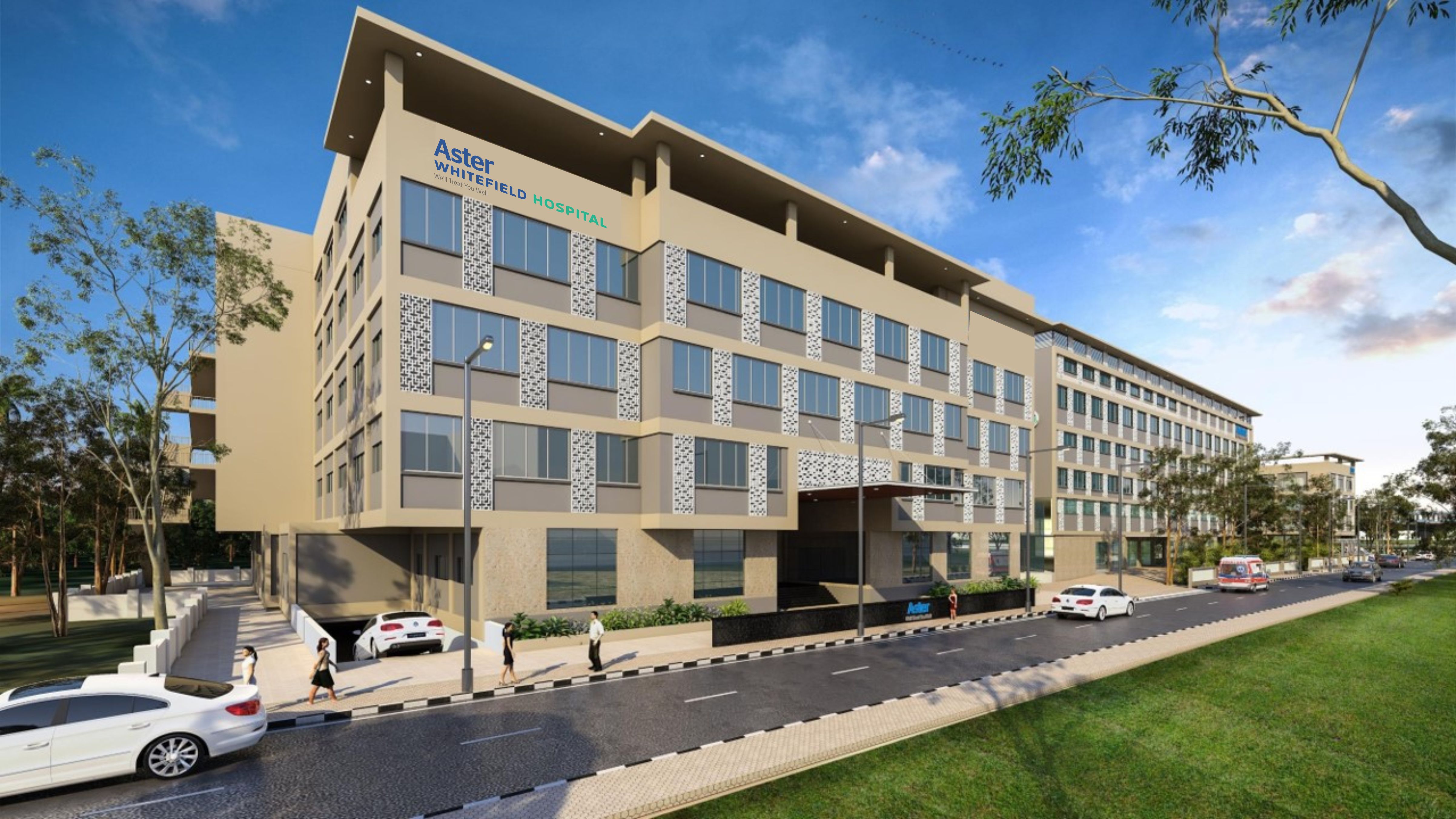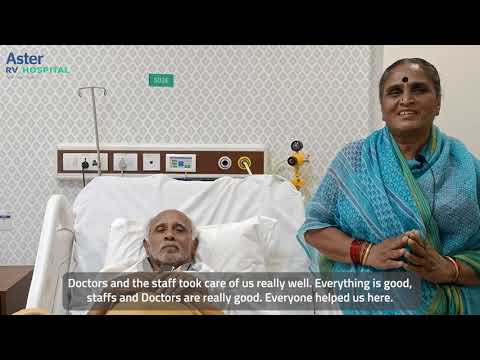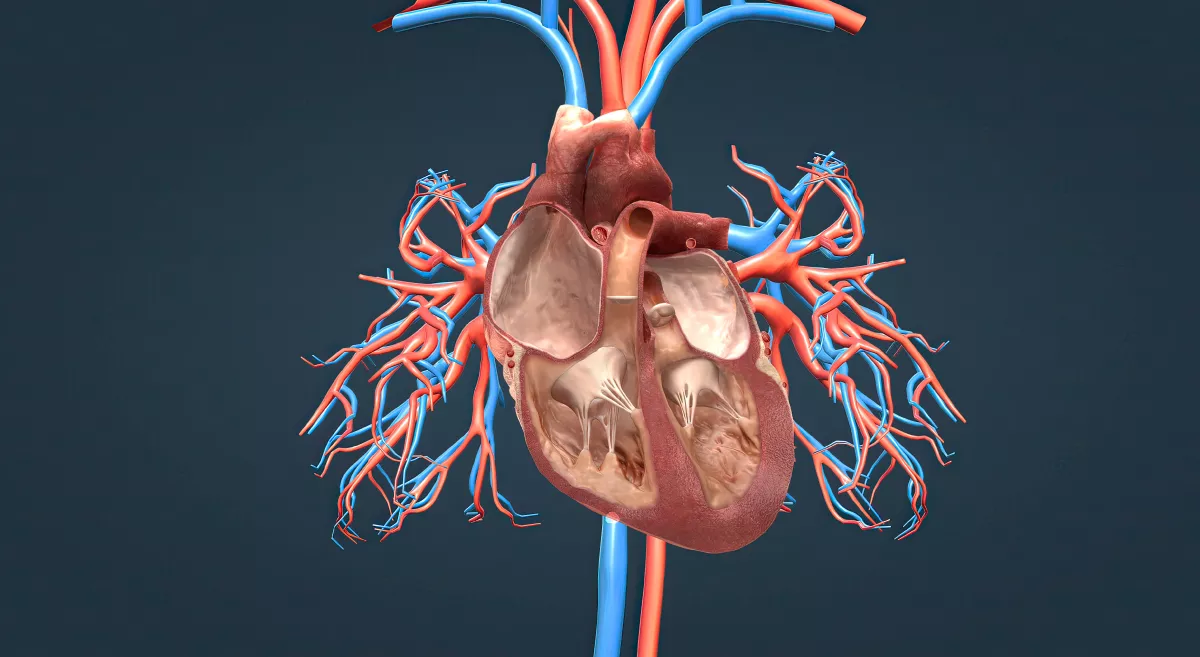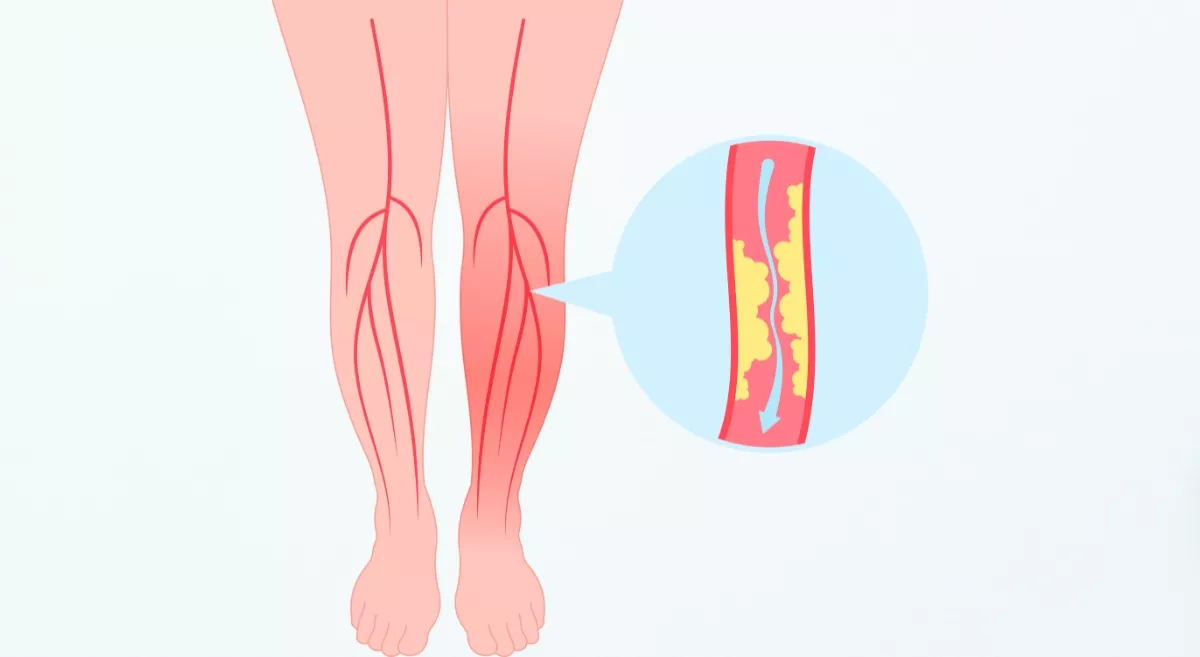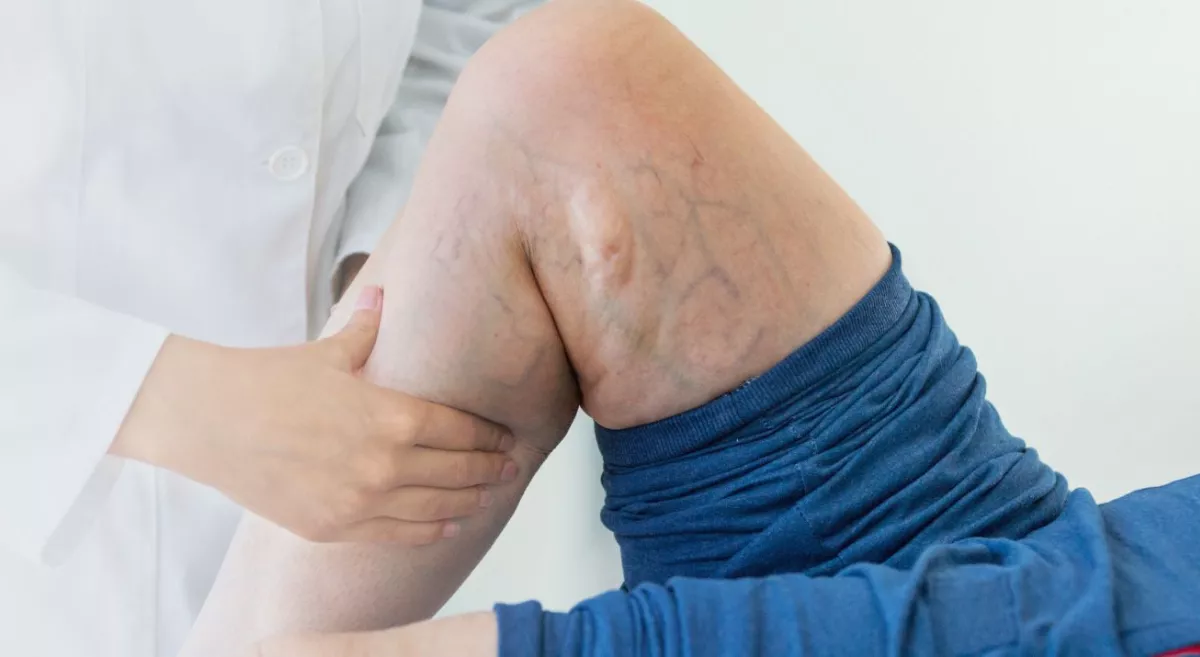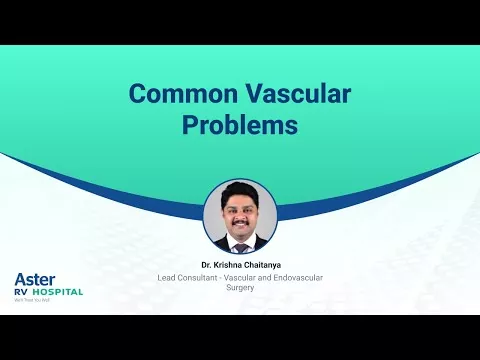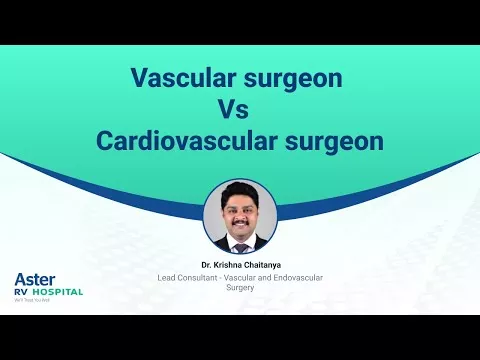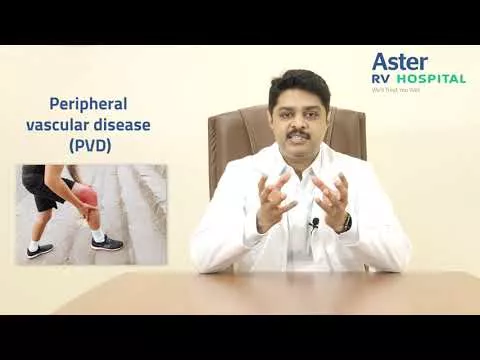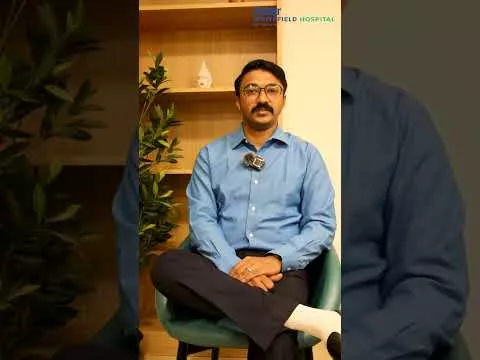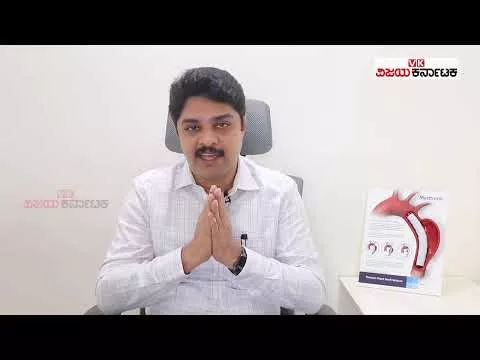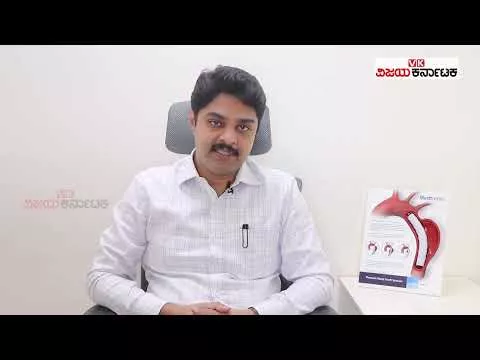The team of vascular surgeons in Department of Vascular Surgery at Aster offers comprehensive care for diseases of the vascular system dealing entire spectrum of circulatory disorders. Our specialists diagnose and manage arterial, venous and lymphatic disorders through open surgical and minimal invasive procedures such as laser treatment for varicose veins, peripheral angioplasty, limb bypass, aneurysm repair, diabetic foot care and a wide array of services to deal various vascular related conditions.
The multidisciplinary treatment approach is the key to success and our vascular surgeons work with doctors trained in vascular medicine, heart conditions, nervous system conditions, physical medicine and rehabilitation, and diagnostic and interventional radiology to diagnose and provide effective treatment.
Our Doctors
We have some of the best specialists from around the world, they bring years of experience and offer evidence-based treatment to ensure the best care for you.
Treatments & Procedures
We provide comprehensive treatment for all types diseases under one roof. Our highly experienced doctors supported by especially trained clinical staff, ensure the best care for you.
Patient Stories
Our patients are our best advocates, hear the inspiring stories of their treatment journey
Blogs
The source of trustworthy health and medical information. Through this section, we provide research-based health information, and all that is happening in Aster Hospital.
